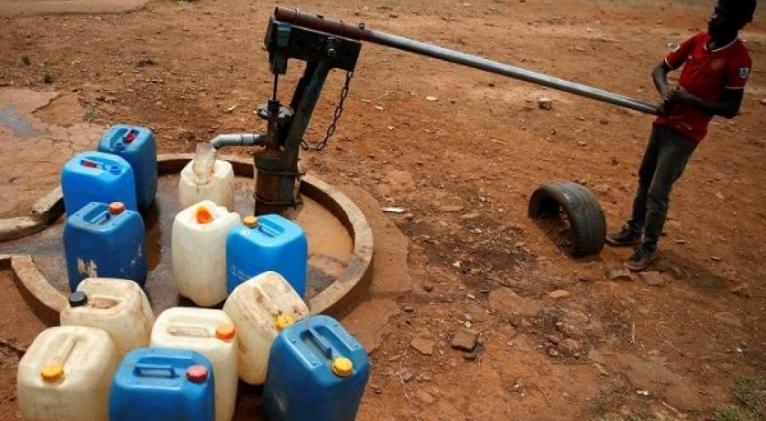600M People Have No Access to Drinking Water, 2B To Sanitation
especiales

On Friday the Spanish City of Zaragoza held the International "Water and Fluvial Ecosystems in the City" Seminar, which will continue until Sunday.
RELATED: Ibero-America Has Most Water in The World And Worst Distribution
Over 600 million people in the world have no access to drinking water, and over 2 billion people have no access to water for sanitation which denies them the possibility of "performing daily basic hygiene," as stated by Federico Mayor Zaragoza, former director general of the United Nations Educational, Scientific and Cultural Organization (Unesco) and President of the Foundation for a Culture of Peace.
"The time to act has come," said Zaragoza implying that without it, it will amount to "an enormous historical and intergenerational mistake," that would leave later generations in "life conditions far inferior to those of the quality we have today." He stated that we are, "for the first time in history, before irreversible phenomena."
In addition, the president of the New Water Culture Foundation Abel La Calle said that these seminars "help to stem ignorance and give us an approach to these problems," — ignorance is a major part of these problems.
Often people "miss" having access to nature but, at the same time, "forget to be coherent" on a daily basis with the desire of being closer to the environment. "Citizens and water have a desire-discard relationship," added La Calle before concluding that there is a requirement of "treating rivers differently," and asked that we "protect" nature. Several social and political organizations in the world have been battling for giving a real priority to the right to access clean drinking water.
The seminar, which aims to define the current challenges to move towards sustainability in water management, brings together more than a hundred professionals and experts from the field and is structured around three thematic areas: the urban water cycle; city and fluvial territory; and water and society.
According to the UN World Health Organization (WHO), around 85 percent of disease is caused by or associated with corrupted water supplies or a lack of access to clean drinking water. This could be caused by precarious and non-adequate manipulation and extraction systems. Recognizing the social aspect of water distribution is fundamental to establishing a path towards equality and to push for social and environmental justice.













Add new comment